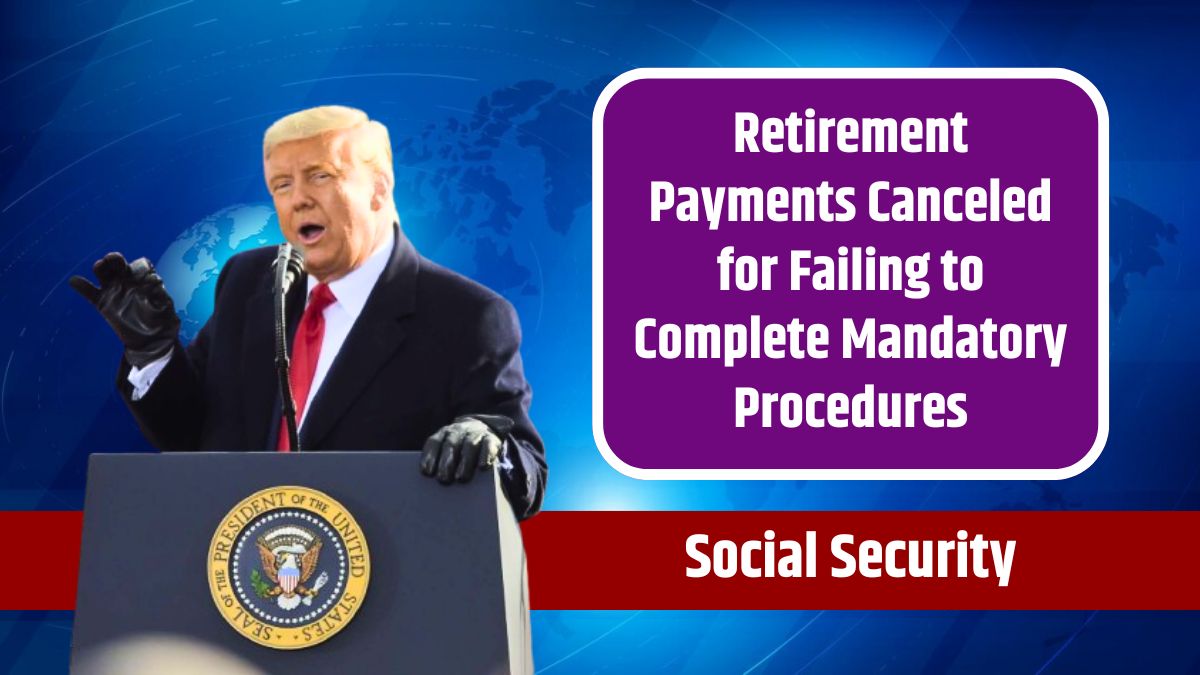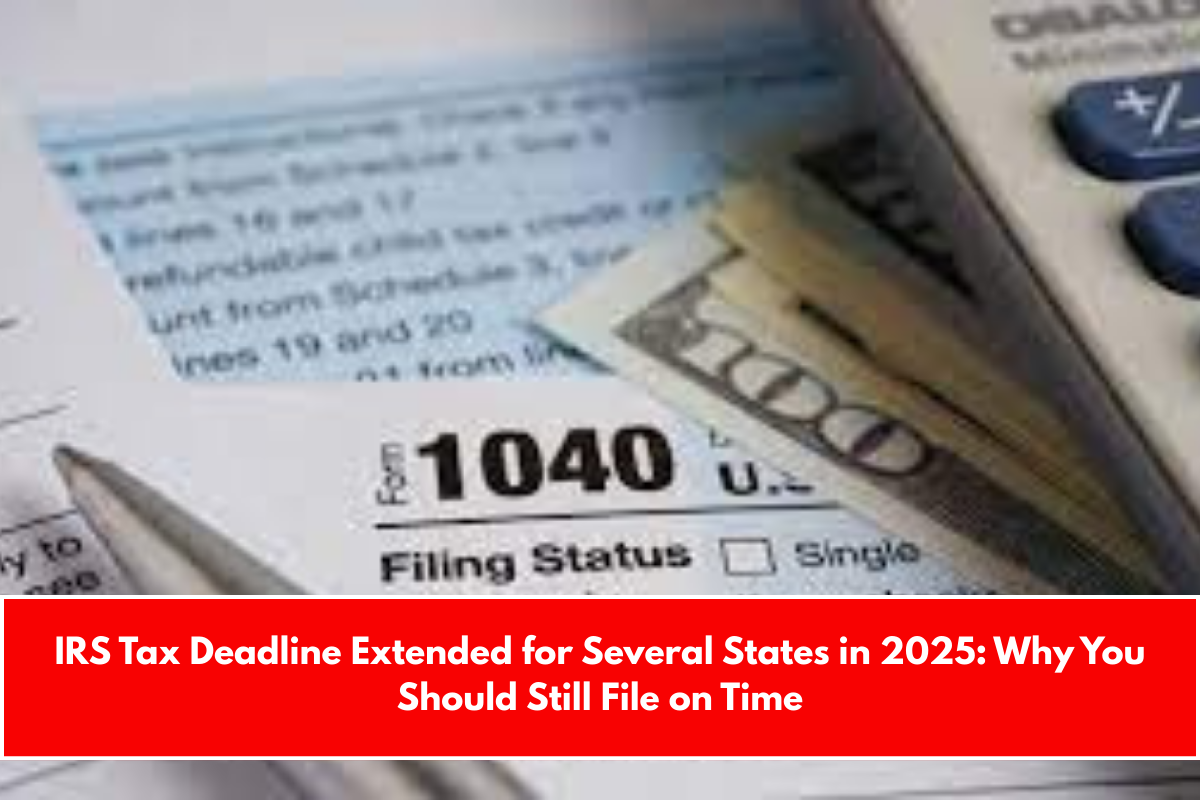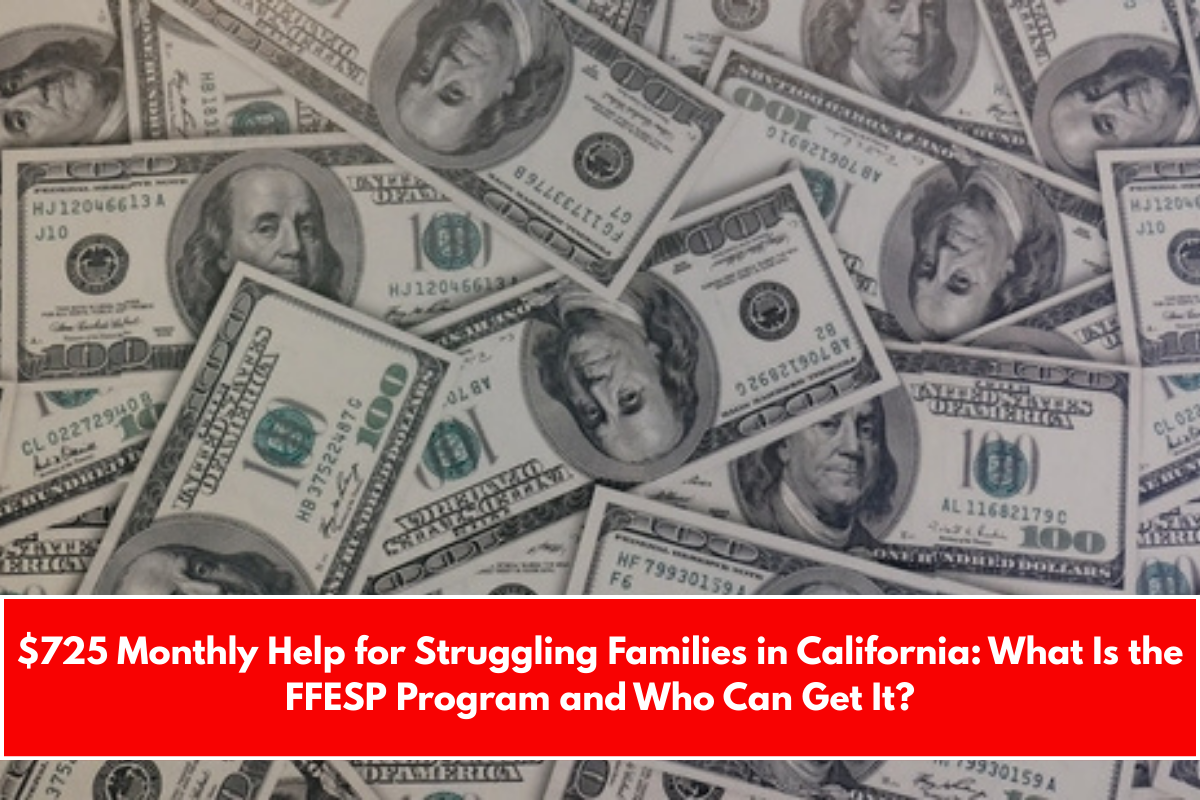Social Security serves as a financial lifeline for millions of retirees in the United States, covering basic expenses like housing, food, and healthcare. However, many are unaware that payments can be suspended—or even permanently stopped—if certain requirements aren’t met. Let’s break down the reasons why this might happen and how you can safeguard your benefits.
Causes
One major reason Social Security payments may be interrupted is a failure to update personal information. If you’ve had a significant life change—like moving to a new address, getting married, or divorcing—you need to notify the Social Security Administration (SSA). Not doing so could result in delivery errors or suspended payments.
Income reporting
Changes in income can also trigger payment adjustments. If you start a job, lose employment, or experience an income increase, it’s essential to report this to the SSA immediately. Ignoring this step can lead to penalties or benefit overpayments that require repayment.
Residence verification
The SSA periodically checks that you live at the address they have on file. If there are discrepancies, payments could be paused until the issue is resolved. This is especially crucial for beneficiaries who move abroad, as international rules for receiving benefits vary. Failing to notify the SSA about a move can complicate or stop payments altogether.
Prevention
Always report changes in marital status, address, or employment promptly. Keeping your records current prevents delays or errors.
Report income changes
Be transparent about any additional income, whether from employment or other sources. This helps avoid penalties or unexpected benefit adjustments.
Keep records
Organize all SSA-related paperwork, such as letters, forms, and communications. Having detailed records can make resolving disputes easier and faster.
Contact the SSA
If you’re unsure about any requirement or procedure, reach out to the SSA directly. Their staff can provide guidance to ensure compliance and help you avoid unnecessary complications.
Consequences of Non-Compliance
Failure to follow SSA guidelines can have significant repercussions. Payments may be temporarily suspended, and in cases of unreported income or errors, the SSA may demand repayment. This creates a financial strain for retirees who rely heavily on these funds. Additionally, reactivating suspended benefits often requires submitting documentation and undergoing a detailed review, which can be time-consuming and stressful.
Proactive Measures
To ensure uninterrupted benefits, staying informed and proactive is key. Understand your responsibilities, keep your information up to date, and maintain open communication with the SSA. These actions might seem like minor inconveniences, but they’re essential for protecting your financial stability.
By taking these simple steps, you can avoid unnecessary complications and focus on enjoying your retirement.
FAQs
Why are Social Security payments stopped?
They stop if personal details or income changes aren’t reported.
What happens if I don’t update my address?
Payments may be delayed or suspended until corrected.
Do I need to report income from part-time work?
Yes, all income changes must be reported to the SSA.
What if I move to another country?
Notify the SSA to ensure uninterrupted payments abroad.
Can suspended benefits be reactivated?
Yes, but you may need to submit documents and undergo a review.
















